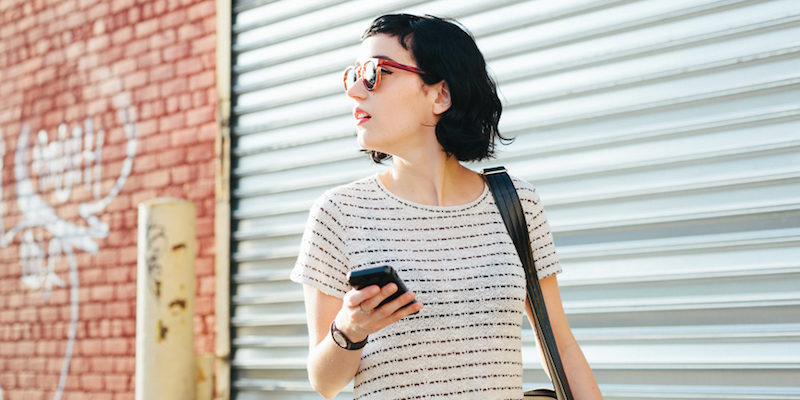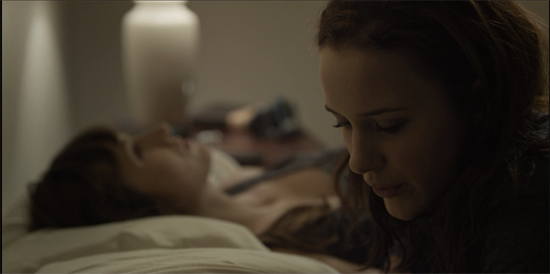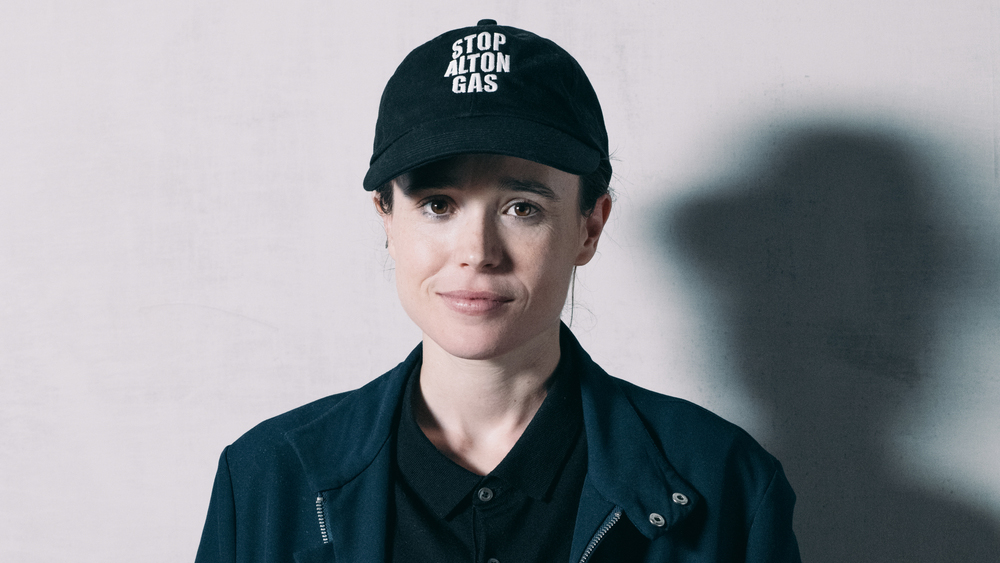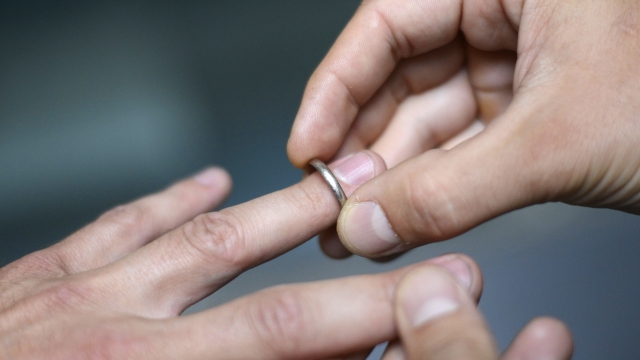I don’t know about you, but… I’m a bit of a caffeine fiend. I’ve been drinking coffee since I was pretty young – I think before I even drank soda, really – and it wasn’t too long before it became a daily thing. (When you grow up with truck drivers, coffee is seen as a necessity – good, strong coffee at the start of the morning is the only way to go.)
Imagine my surprise when I found out that coffee wasn’t actually the most effective way to wake you up in the morning. In fact, in many parts of the world, coffee is drank before a short nap – since it takes about 20 minutes for coffee to fully “kick in”, the 20-minute nap actually makes both work more effectively. (But that’s not the little scientific trick I want to talk about today.)
Besides, depending on the method you use to brew your coffee, it might be a giant pain in the ass to brew a decent cup before you’re fully functional. How can you wake up in the morning without flipping on the coffee maker? We’ve got you covered.
Sunlight.
Up until relatively recently, sunshine was the only alarm clock that existed. That long-term, 300-generation-spanning history has the human brain programmed to wake up when the sun comes out. Opening your curtains when you wake up helps your body to “fight back” against the melatonin it’s been producing all night, which helps you be more alert.
If you need to wake up before sunrise, or you’re sleeping somewhere that doesn’t have windows, try an illuminating alarm clock (also called a daylight simulator). These will gradually start to brighten the room, starting shortly before you need to be up, so that it’s as bright as your brain thinks it actually needs to be before you wake up.
But, daylight simulators are pretty expensive (which is 100% of why I don’t have one myself), so those looking for a less-expensive option can choose to put a lamp on their bedside table. Ideally, you should have “daylight white” bulbs, or even simulated sun bulbs, to trick your brain into thinking the light is more natural than it really is. Then, simply flip the switch on your lamp as soon as your alarm goes off. It takes a little more work, but it doesn’t require you to change your schedule or spend a ton of money.
Cold water.
Start your day with a nice quick shower, and finish with a cool-to-cold rinse. (As cold as you can handle it – be sure you’ve got a way to warm back up afterwards, without warming your shower back up.) The cold water boosts your metabolism, and greatly reduces the chance of you falling back to sleep.
Drinking a glass of cold water can help, too, so if you can afford to do so, I highly recommend keeping a mini-fridge full of water bottles in your room. Drinking your cold water helps combine the effects of the cool shower while also making sure you’re well-hydrated – sleep seriously sucks the water out of your body. Most of the time, when you’re feeling tired, you don’t actually need caffeine – you need water.
Breakfast.
I know it’s been said a million times before, and I’m probably one of the worst when it comes to implementing this tip, but eating a healthy breakfast within the first hour of waking up is one of the most important things you can do for yourself. (Fun fact: It’s called “breakfast” because you’re “breaking a fast”.)
Since you’re probably still at least a little sleepy at this time, it’s probably not when you want to make a full-on feast. But, eating a small, healthy, fiber-filled meal, such as oatmeal and berries, helps you wake up now, and helps you maintain your focus throughout the day.
(And yes, those Shredded Wheat commercials are right – fiber helps keep you full and focused. This is one time when it’s good to listen to the advertising hype.)
Orange juice.
This feels super weird for me to say, but drinking a glass of orange juice will actually wake you up at least as much as a cup of coffee. Citrus fruits do wonderful things to your brain, and they’re quite tasty too – as long as you haven’t recently brushed your teeth, of course. The gentler stimulation also helps prevent your awake-ness from deteriorating over the course of the day, too, although it’s still important to supplement with water.
Morning dance party.
If you’re anything like me, you’ve probably had to shut off the alarm tones you had that were parts of songs you loved, because they simply find a way to work themselves into your dreams. Rest assured – we’re not talking about that right now. In fact, using your cell phone as an alarm clock actually isn’t such a great idea after all – but we’ll go over that in a little bit.
Once you’ve gotten up, brushed your teeth, and all that jazz, then it’s a good time to turn on some of your favorite upbeat songs and start your day with a little workout. Not only does the music activate parts of your brain that have been sleeping for at least a few hours, the addition of physical activity increases blood flow to the brain and gives you a positive start to the day.
Plus, when you dance along to music (as compared to other forms of exercise – which are also great), it doesn’t really feel like you’re working out, so you’re more likely to enjoy it, and it might even become one of your favorite parts of the morning.
Morning routine.
According to one of my favorite bloggers, having a regular morning routine “sets you on the right path for the rest of your day”. The specific things that are in your morning routine are bound to vary – mine include brushing my teeth, taking my puppy out for a walk, planning my day, and putting on some deodorant. I prefer to take my showers later in the day, after I’ve done my daily exercising, but there are a good number of people who prefer to do it in the morning to get themselves up.
No matter what routine you land on, it’s important that you keep it up every day – for at least 30 days – in order to cement it into habit. Once you’ve formed a habit with it, you’ll find yourself waking up easier, just because your body is used to getting up and doing certain things at certain times. A healthy, effective morning routine will also encourage you to get your life together, too – making it a great life wake-up call, too.
Something to look forward to.
Do you remember when you were a kid, and you woke up bright-eyed and bushy-tailed at the crack of dawn to play with your new toys on your birthday or Christmas or whatever gift-giving holidays you personally celebrated as a child? (Apologies to those who don’t celebrate gift-giving holidays, but I think the connection can be made anyway.)
According to Hal Elrod, the author of the first self-help book I ever powered through in two days, one of the biggest parts of turning yourself into a morning person is simply creating a life you look forward to waking up for. This might seem a little cliché, and maybe even like bad advice, but let me explain: When you fully love your life, and all that’s in it, you don’t want to sleep in, because you don’t want to miss anything. Everyone gets 1440 minutes a day – how many are you going to spend sleeping in and making coffee?









